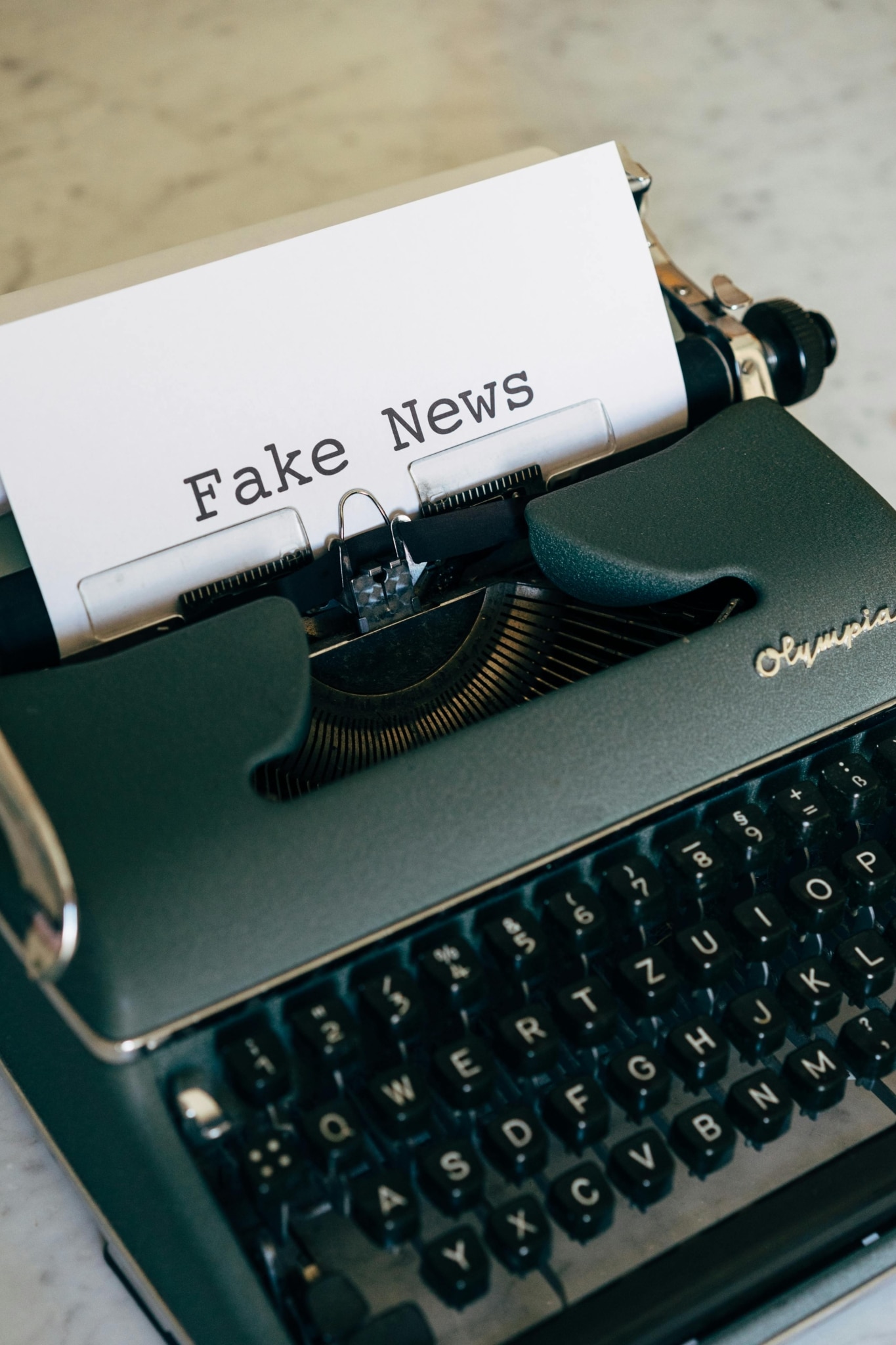Moscow authored 8,198 posts on X about US-Russia relations between 12 February–18 March 2025 (approximately 11% of all Moscow’s global messaging in this time period). Of these, approximately 70% focused on bilateral diplomatic contacts, such as official meetings and phone calls.
Our analysis of more than 950 Kremlin propaganda campaigns over the last year provides clarity into Moscow’s intentions, priorities, messaging strategies and information advantages. These insights allow us to predict how Moscow will adapt its messaging in 2025 under two scenarios: 1) if US-Russia relations improve and the Ukraine war ends and 2) if US-Russia relations or the status of the Ukraine war remain fundamentally unchanged.
If US-Russia relations improve and the Ukraine war ends, we expect Moscow to focus its efforts on accomplishing the following information goals:
- Touting positive developments in US-Russia negotiations, especially any further high-level meetings that show Moscow as a major player
- Spinning the Ukraine war outcome as a victory for Russia, particularly in military and geopolitical terms, to win over Russian audiences
- Celebrating its reduced international isolation, as an end of the Ukraine war would increase opportunities for Russia to grow ties and influence
Such shifts will affect Moscow’s propaganda not just directed at US and Russian audiences, but at audiences around the world:
- Likely capitalize on opportunities to stoke divisions between the US and Western Europe and to expand its relations with and influence over countries in Central and Eastern Europe
- Have to walk a messaging tightrope to maintain relations with the US—but also with US adversaries, like China, North Korea, and Iran
- Likely reduce the number of anti-US messaging campaigns in Africa and Latin America, where Moscow does not have to rely on such messaging to promote its own relations with local populations
Approximately 75% of the Kremlin’s 3.695 posts about Western European countries’ policies toward Ukraine and Russia have been critical or disparaging between 12 February – 9 March 2025, and approximately 20% highlighted disagreements between European countries and Washington.
In the event that US-Russia relations or the status of the Ukraine war remain fundamentally unchanged, our analysis gives us a clear picture of Moscow’s likely fallback position in the information environment, building on its information advantages. In this scenario, we expect Moscow to:
- Resume high levels of anti-US messaging on global social media

- Resume high levels of anti-US messaging on global social media
- Rely especially on Kremlin-affiliated inauthentic accounts to attack the US and blame it for setbacks in negotiations
- Continue to promote its ties with US adversaries like China, Iran, and North Korea and to cultivate anti-US audiences in the Middle East
The complete version of our Biannual Manipulation Report provides much more data and analysis on Moscow’s information goals, information advantages, and strategies for messaging in specific world regions, combining our assessment of long-term trends with targeted analysis of key recent developments to provide a deep yet up-to-date understanding of the outlook for Russian messaging in a time of change. To request a copy of the report, please reach out to [email protected].


